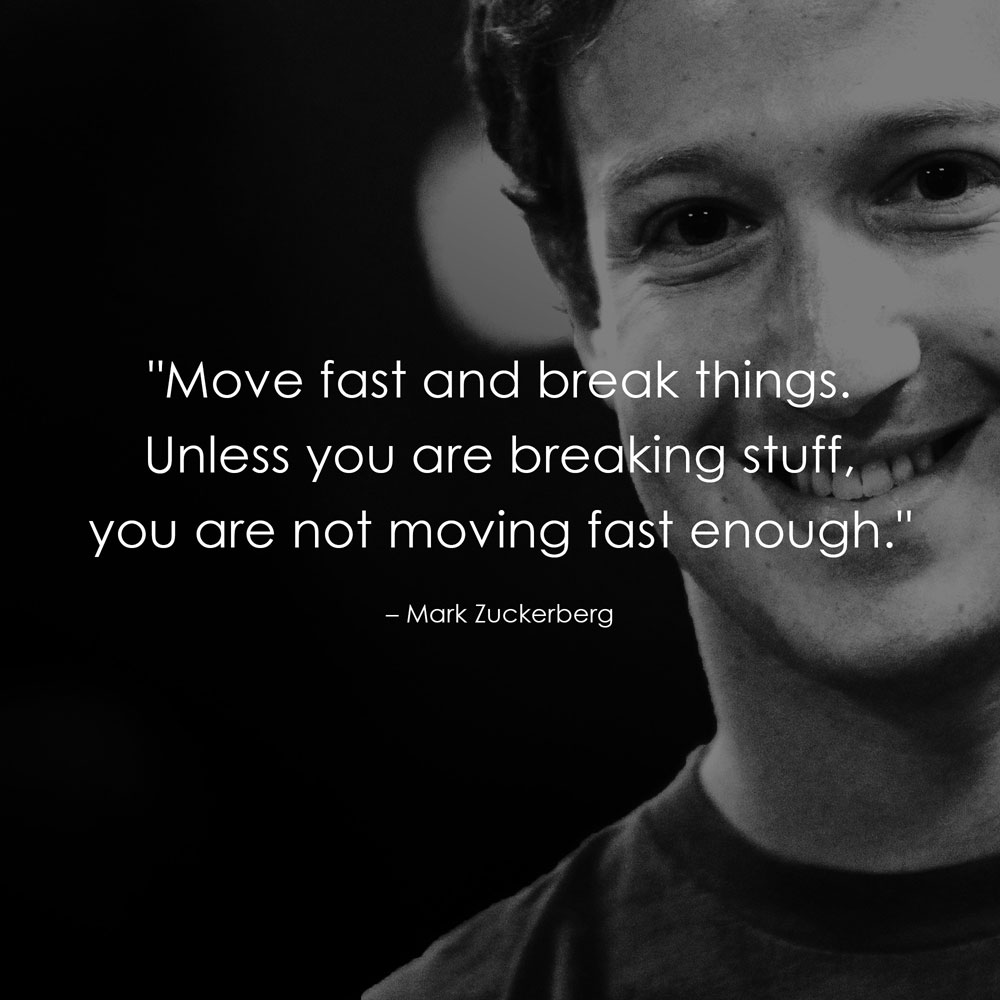
October 19, 2019; Washington Post
When Rep. Alexandria Ocasio-Cortez (D-NY-14) endorsed Bernie Sanders this weekend, she made a firm statement about the control exerted by tech billionaires over our democratic processes.
In her endorsement, she said, “We need a United States that really, truly, and authentically is operated, owned, and decided by working and all people in the United States of America. It is multiracial, multi-gendered, multi-generational, and multi-geographic. We have to come together, not ignoring our differences, but listening to them, prioritizing them, understanding injustice, understanding that we operate in a context where slavery evolved into Jim Crow, involved into mass incarceration, evolved into the realities we have today.”
“The future, and our future, is in public systems,” she declared, “and it’s in publicly owned systems, because we need to take power over our lives again. I don’t know about you, but I don’t want Mark Zuckerberg making decisions over my life.”
Here, she was referencing Facebook’s decision to not pull down campaign ads with false information. But when Zuckerberg was asked in an interview with Fox News on Friday about Senator Bernie Sanders’s opinion that society has no room for billionaires, he proceeded to duck and weave.
Zuckerberg is worth $70 billion, of course, and the wealth gap is wider than ever, so the question is not completely unanchored. But, in a characteristic mix of apparent wide-eyed innocence and unbridled arrogance, Zuckerberg suggested that his wealth was a positive, in that the existence of billionaires kept private and public money in competition to do their best work on behalf of all the rest of us.
He did concede that perhaps, were one to get really big picture about the whole thing, it might look out of whack.
Sign up for our free newsletters
Subscribe to NPQ's newsletters to have our top stories delivered directly to your inbox.
By signing up, you agree to our privacy policy and terms of use, and to receive messages from NPQ and our partners.
“What I believe is, I don’t think that in some cosmic sense that anyone deserves to have billions of dollars,” he says. “But there are a lot of people who do really good things…help a lot of other people. And you get well compensated for that.”
Is it gratitude that’s called for here, as you want to “help” with the aid of tax laws that neatly put us at a remove from the fruits of our contribution to GDP? Since the early ’80s, the 400 richest Americans have tripled their share of the nation’s wealth, controlling as much as the bottom 60 percent of this country’s people.
In response to a question about Sanders’ call to eliminate billionaires, Zuckerberg said:
Some people think that the issue, or the way to deal with this sort of accumulation of wealth, is, “Let’s just have the government take it all.” And now the government can basically decide all of the medical research that gets done.
I think it’s good that there are different philanthropies and different organizations that can put competing ideas out about how to do research or science…. I fundamentally believe in that competition, that you want different ideas out there.
This is not the first time Zuckerberg has made this argument, where his point appears to be that his wealth entitles him to compete head-to-head with the government on issues that affect the quality of life of millions of others.
If Sanders’s tax proposal were adopted, Zuckerberg would owe $5.5 billion in taxes in the first year of its implementation—and, while that is still just a small fraction of what he wields as capital in the public sphere, it is at least a dent that would begin to reverse our direction on wealth equity and the integrity of our democracy.—Ruth McCambridge













